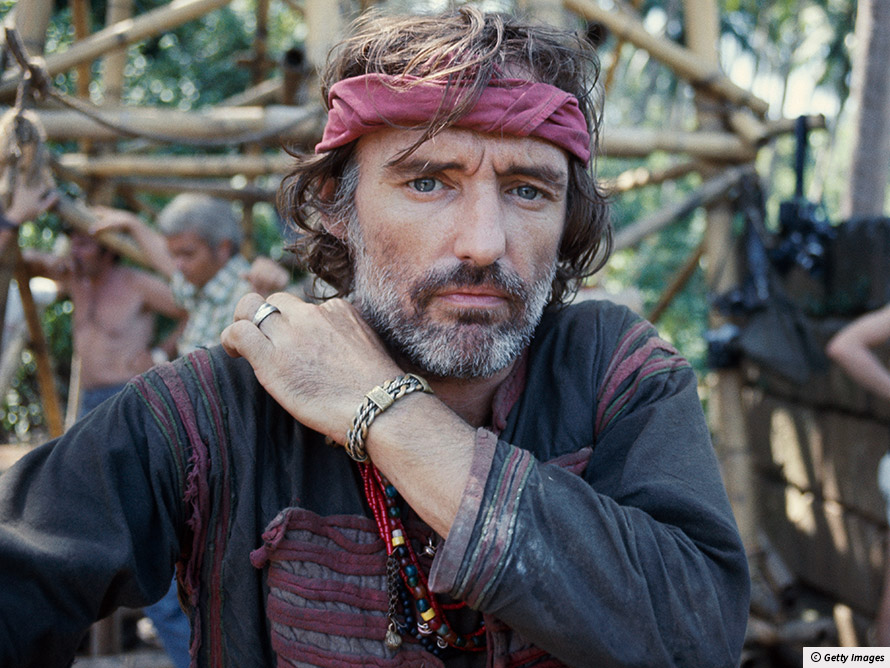Heart of Darkness (1899) tells a story within a story in one of the most harrowing chapters of our history. It begins with Charles Marlow, a fictional seaman who recurs in several of Joseph Conrad’s works, telling his listeners of a colonial enterprise in the Belgian CongoThe Congo Free State was an area in Central Africa privately controlled by Leopold II of Belgium from 1885 to 1908, known today for infamous atrocities against local people. Afterwards, the Belgian Congo was a Belgian colony from 1908 until 1960. . His optimism for Africa’s “blank spaces” and the European project is quickly shattered when he comes eye-to-eye with the violent reality. It is a journey not, as he thought before, to a continent in the dark ages, but to the dark and beating heart of the West’s imperialRelating to an empire. evils. Written in just over two months, Heart of Darkness has been criticised widely for its racist depictions of colonised people, but remains a classic of modernity and an early dialogue with postcolonial ideas.
Heart of Darkness

Glossary
Belgian Congo - The Congo Free State was an area in Central Africa privately controlled by Leopold II of Belgium from 1885 to 1908, known today for infamous atrocities against local people. Afterwards, the Belgian Congo was a Belgian colony from 1908 until 1960.
Imperial - Relating to an empire.
Colonialism - This refers not only to the material realities of colonial rule, but also to the mindset of the colonising powers and their ways of justifying empire. Most Europeans believed that empire was a moral good, because it imparted 'civilisation' to 'primitive' cultures and so helped them to develop.
Subordinate - A person under someone else's authority who is considered less important.
Benevolent - Well-meaning and kind.
Anomalous - Different from what is normal or expected.
Harrowing - Very upsetting. A harrow is a piece of machinery used by farmers to break up the soil.
Progressive - In a political context, the belief that society can be transformed in the interests of ordinary people. It is normally associated with the politics of the left.
Deplorable - Disgraceful or shameful.
Catalyst - A substance able to increase the rate of a chemical reaction without itself being consumed or changed by the reacting chemicals.
